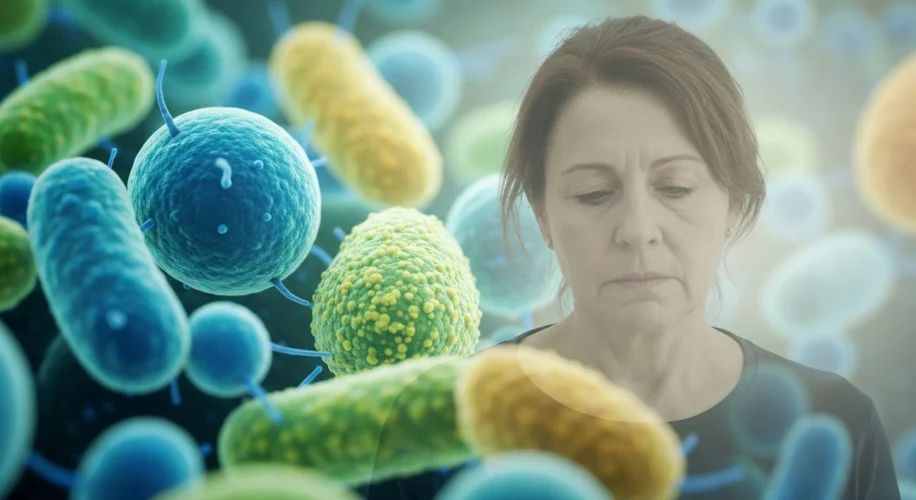It’s been a few years since COVID-19 first made headlines, and while many of us are navigating a new normal, some persistent effects are still being uncovered. One area that’s getting a lot of attention from researchers is our gut – specifically, how our gut microbiome might have been altered by the virus and what that means for our long-term health.
The Gut-Immune Connection
Did you know that a huge portion of your immune system actually lives in your gut? It’s true. Trillions of bacteria, fungi, and viruses – collectively known as the gut microbiome – play a crucial role in training and regulating our immune responses. They help us digest food, produce vitamins, and, importantly, fend off harmful pathogens.
When we get sick, especially with something as systemic as COVID-19, our immune system kicks into high gear. This response isn’t just happening in our lungs; it involves our entire body, including the complex ecosystem in our gut. Unfortunately, this intense immune activity, along with potential direct effects of the virus or the medications used to treat it, can sometimes disrupt the delicate balance of the gut microbiome.
What Happens When the Balance Shifts?
Think of your gut microbiome like a bustling city. When everything is in harmony, the city runs smoothly. But if certain residents (bacteria) are wiped out, or newcomers (potentially harmful microbes) take over, the city can fall into disarray. This imbalance, known as dysbiosis, has been linked to a range of health issues.
For individuals experiencing long COVID, changes in the gut microbiome are emerging as a key area of investigation. Researchers are finding that some people who had COVID-19 have different compositions of gut bacteria compared to those who never had the virus. These changes might be contributing to some of the lingering symptoms that some people experience, such as fatigue, digestive issues, or even changes in mood and cognitive function – often referred to as ‘brain fog’.
It’s important to remember that research in this area is still ongoing. Scientists are working to understand the exact mechanisms at play and how specific changes in the microbiome might correlate with specific symptoms. The complexity of the gut microbiome means there’s no one-size-fits-all answer.
Moving Forward
While the science is still evolving, understanding this connection highlights the incredible intricate relationship between our gut health and our overall well-being. For those concerned about persistent symptoms, focusing on general gut health strategies – like a balanced diet rich in fiber, staying hydrated, and managing stress – can be beneficial.
It’s a reminder that our bodies are remarkably interconnected systems, and even viruses we might think we’ve “recovered” from can leave subtle, long-lasting echoes.

